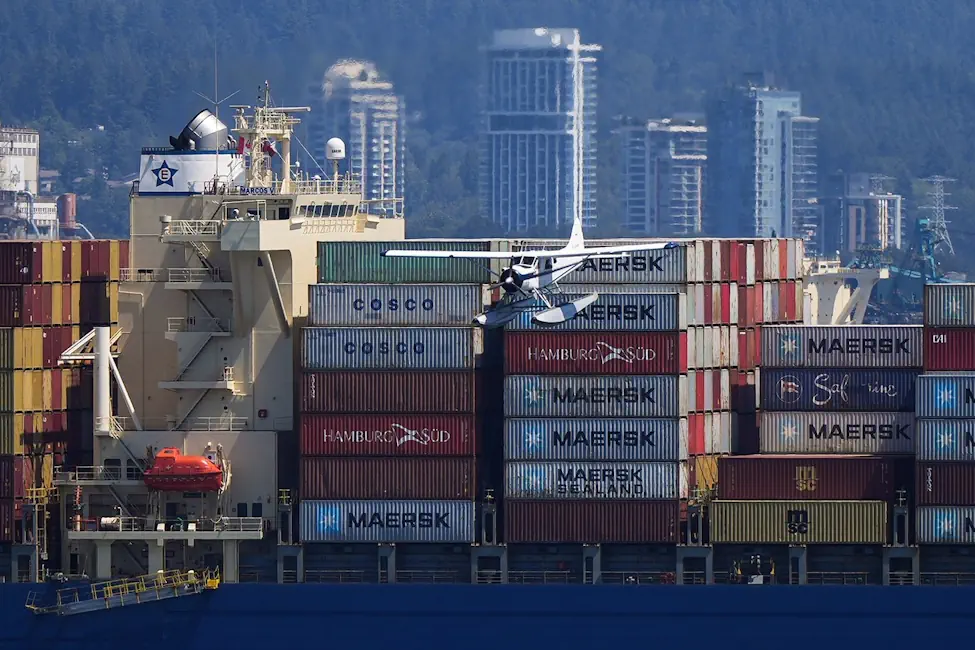British Columbia ports may face a significant operational halt as a potential lockout threatens to begin Monday, escalating tensions between the British Columbia Maritime Employers Association (BCMEA) and unionized workers. This potential lockout could have ripple effects across Canada’s economy, posing new challenges for industries reliant on international trade and transportation.
A High-Stakes Dispute on Wages and Working Conditions
Negotiations between BCMEA and the International Longshore and Warehouse Union (ILWU) Canada have stalled due to disputes over wages, working conditions, and automation. With BC ports handling a substantial share of Canada’s imports and exports, any disruption could delay goods across various sectors, impacting manufacturing, retail, and other business segments dependent on steady supply chains.
Implications for Canadian Entrepreneurs
For Canadian business owners, particularly those focused on growth and cross-border trade, the lockout threat brings immediate concerns. Port disruptions can drive up shipping costs, delay access to critical materials, and hinder the smooth flow of goods that many businesses rely on to stay competitive. Innovation and resilience will be key for businesses looking to weather potential setbacks in their supply chains, as many prepare for possible delays in the availability of imported products and materials.
Government Push for Resolution
Federal mediators are involved, urging both parties to find a resolution and maintain port stability. Both provincial and federal governments are closely monitoring the situation, emphasizing the broader economic need to keep British Columbia’s ports operational. Government officials have stated that a stable resolution is critical to ensuring the long-term health of Canada’s trade infrastructure, which supports countless Canadian businesses.
The Larger Labor Landscape
The outcome of this dispute may set a precedent for future labor negotiations, particularly concerning automation and labor practices in Canada’s port industry. Both employers and union representatives acknowledge that the decisions made here could shape labor standards in other sectors reliant on manual labor and emerging technologies.
For Canadian entrepreneurs, this situation highlights the importance of building adaptable strategies for supply chain management and exploring alternative solutions to maintain resilience in an evolving economic landscape.







